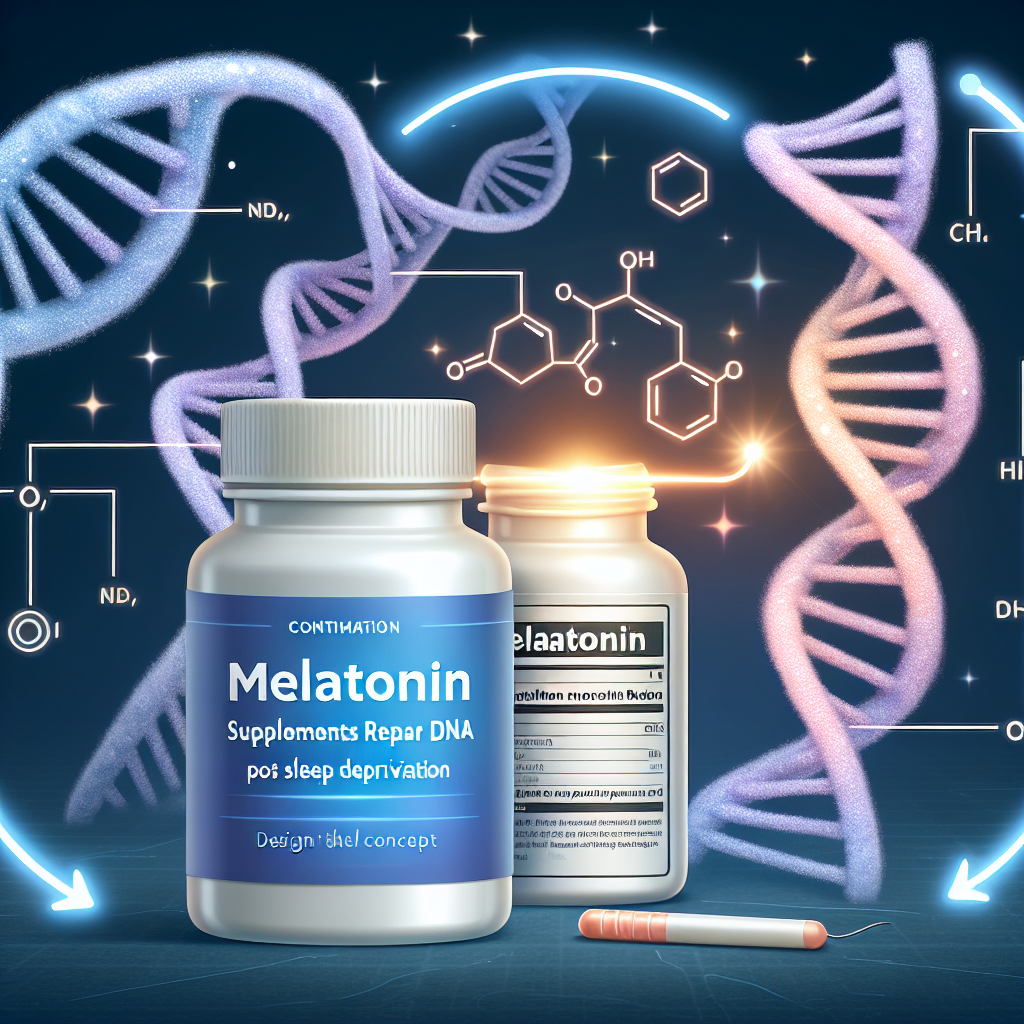Can Melatonin Supplements Repair DNA Damage from Sleep Deprivation?
Can Melatonin Supplements Repair DNA Damage from Sleep Deprivation?
Understanding the Role of Melatonin
Melatonin, a hormone primarily known for regulating sleep-wake cycles, is now being explored for its potential in repairing DNA damage caused by sleep deprivation. This exploration stems from melatonin’s antioxidant properties, which may help mitigate cellular damage.
The Impact of Sleep Deprivation on DNA
Chronic sleep deprivation is linked to various health issues, including:
- Increased oxidative stress
- Higher risk of chronic diseases
- Potential DNA damage
These factors highlight the importance of finding effective interventions to counteract the negative effects of insufficient sleep.
Research Insights: Melatonin’s Potential Benefits
Recent studies suggest that melatonin supplements might offer several benefits in addressing DNA damage from sleep deprivation:
- Reduction in oxidative stress levels
- Improvement in DNA repair mechanisms
- Potential enhancement of overall cellular health
These findings are promising, but further research is needed to fully understand the extent of melatonin’s protective effects.
Considerations and Future Directions
While melatonin shows potential, there are important considerations:
- Optimal dosage and timing for supplementation
- Long-term effects and safety
- Individual variability in response to melatonin
Future research should focus on these areas to provide clearer guidelines for melatonin use in combating DNA damage from sleep deprivation.
Conclusion
Melatonin supplements hold promise as a tool for repairing DNA damage associated with sleep deprivation, thanks to their antioxidant properties. However, more research is necessary to establish effective usage guidelines and confirm long-term benefits. As science progresses, melatonin could become a key player in promoting cellular health and mitigating the adverse effects of sleep loss.






































